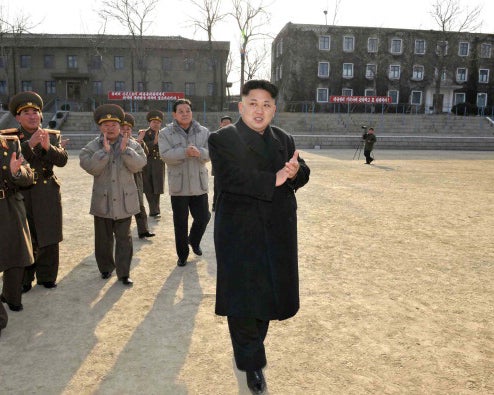These are the most corrupt countries in the world
North Korea has just held some 'democratic' elections

North Korea has held its latest “democratic” local elections - in which a staggering 99.97 per cent turnout has been recorded.
The results, like most votes in the country, are a foregone conclusion.
In the poll, in which local administrators will be elected, ballot papers only have one candidate and not voting means “you and your family are in trouble”, according to local news agency NK News.
In fact, in a recent survey carried out by Transparency International, the hermit kingdom was officially declared the joint-most corrupt country on the planet.
It has a Transparency Index of just eight out of 100, compared with the least corrupt country Denmark - which scored 92.
The 20 'most corrupt' countries in the world
Show all 20North Korea's wholly unaccountable ruling classes regularly gorge themselves on rich food, cigars and expensive wines while the country is frequently gripped by famine.
In one notorious case, the late leader, Kim Jong-il father of Kim Jong-un, was reported to have order 12 giant rabbits from a German breeder to “kick start meat production in the country”.
The breeder, Karl Szmolinsky, then alleged all of them were eaten for Kim Jong Un’s birthday feast rather than being put to good use, according to Der Spiegel.
His son is also alleged to frequently send officials around the world in search of high quality cheese, according to the Telegraph.
Bribery and backdoor payments are also rife in the country but with little information coming out of the country it is hard to know how widespread it is.
The elections are the first local elections in the hermit kingdom since Kim Jong-un came to power in 2011 and are used as a method of social control and monitoring rather than to give the regime electoral credibility.
Daniel Pinkston, an analyst with The International Crisis Group in Seoul, told the Telegraph the elections were used to analyse where people were in the country and to identify any possible defectors.
Subscribe to Independent Premium to bookmark this article
Want to bookmark your favourite articles and stories to read or reference later? Start your Independent Premium subscription today.

Join our commenting forum
Join thought-provoking conversations, follow other Independent readers and see their replies